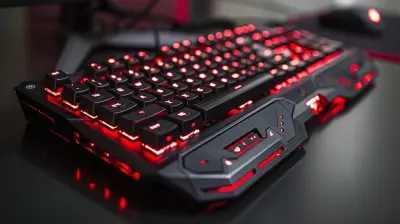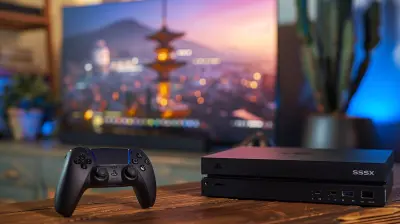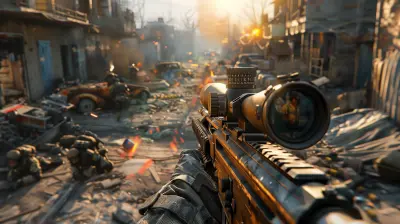Behind the Scenes of RNG: Are Loot Boxes Truly Random?
24 May 2025
If you've ever played any game with loot boxes—whether it’s a shooter, RPG, or even a mobile game—you’ve probably asked yourself this question: Are these things really random? You’re not alone. Loot boxes have been a hot topic for years, sparking debates about fairness, addiction, and even gambling. But what’s really going on behind the curtain? Is it pure luck, or are there hidden mechanics at work?
Let’s dig into the world of RNG (Random Number Generation) and uncover whether loot boxes are as random as they claim to be.
What Is RNG and How Does It Work?
You’ve probably seen the term “RNG” thrown around in gaming forums and videos, but what does it actually mean? RNG stands for Random Number Generator, and it’s a key piece of technology that determines the outcome of random events in games. Think of it as the virtual dice roll behind every critical hit, rare item drop, or loot box reward.But here’s the kicker—it’s not truly random. RNG in games is pseudo-random, meaning that it uses complex algorithms to generate results that feel random. It’s like flipping a coin but using a really advanced math formula to decide whether it’s heads or tails. True randomness is actually a beast of its own (hello, quantum physics!), and most games aren’t working on that level.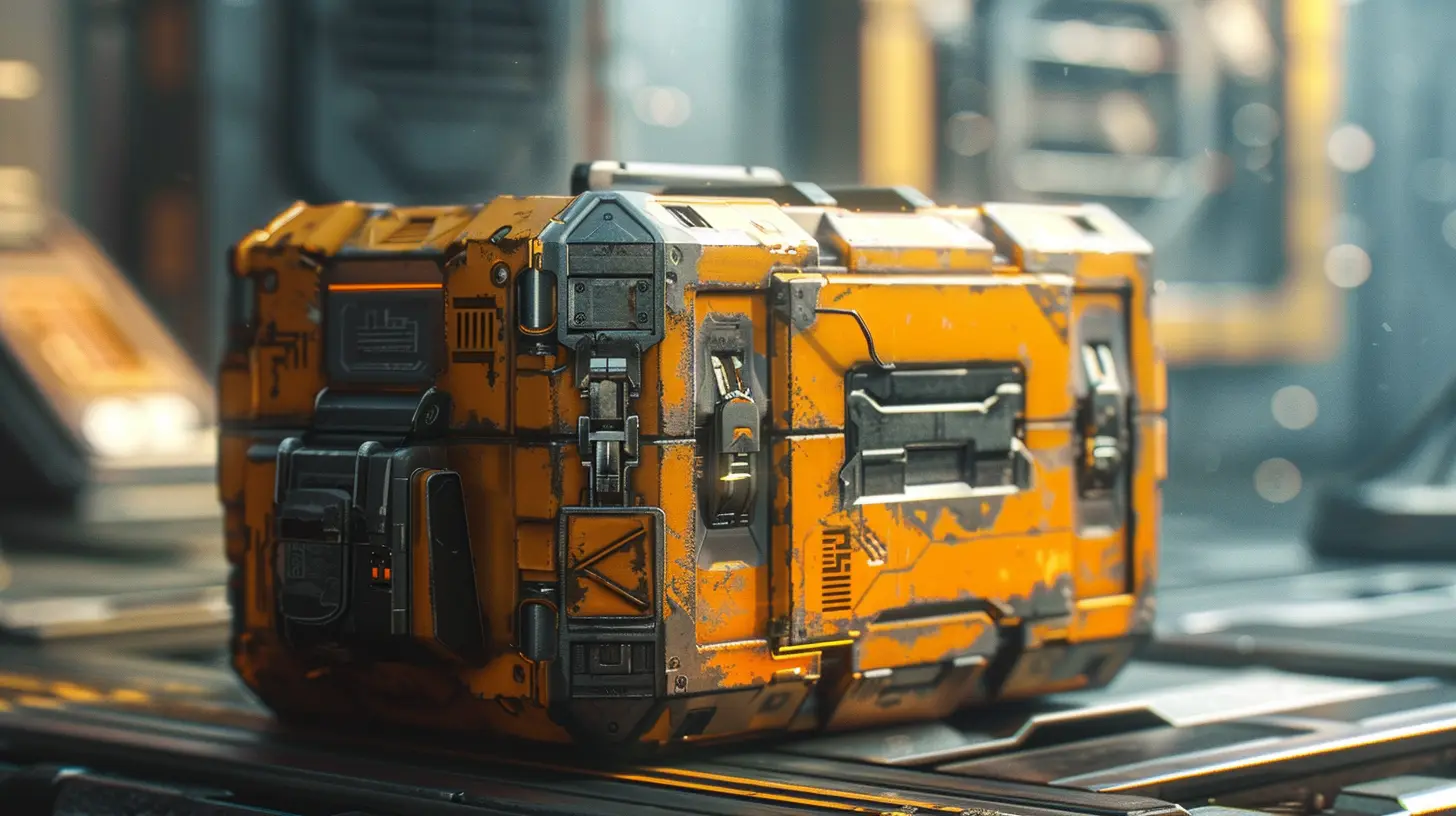
How Does RNG Work in Loot Boxes?
Let’s break it down: When you open a loot box in a game, the RNG system runs its algorithm to decide what items you’ll get. This happens in a fraction of a second. If the loot box includes “common,” “rare,” and “legendary” items, the algorithm assigns a probability (or drop rate) to each category. For example:- Common items: 75%
- Rare items: 20%
- Legendary items: 5%
Every time you open a loot box, the RNG system pulls a result based on those probabilities. Sounds simple, right? Well, not exactly.
The Myth of Pure Randomness
Here’s the truth bomb: loot boxes are rarely, if ever, purely random. Game developers often tweak RNG systems to balance gameplay, keep players engaged, and, let’s be honest, make money. The result? So-called “random” outcomes can actually be influenced by several factors:1. Drop Rate Adjustments
Developers can modify drop rates in real-time or through patches. For example, during special events or limited-time promotions, they might increase the chances of getting rare items. The flip side? When those events end, the drop rates could go right back down.2. Bad Luck Protection
Ever heard of someone opening 50 loot boxes and not getting a single rare item? Some games have a system called “bad luck protection,” which guarantees a rare drop after a certain number of attempts. It’s like a pity timer that kicks in when RNG decides to be extra cruel.3. Hidden Algorithms
Some games use hidden algorithms to influence outcomes based on player behavior. If the system notices you’re not spending money, it might throw you a rare item to entice you to open more loot boxes. Kind of sneaky, right?4. Market Influence
In games with trading systems or in-game economies, developers may intentionally tweak RNG to control the supply of rare items. If everyone has the same legendary sword, it’s not so “legendary” anymore, is it?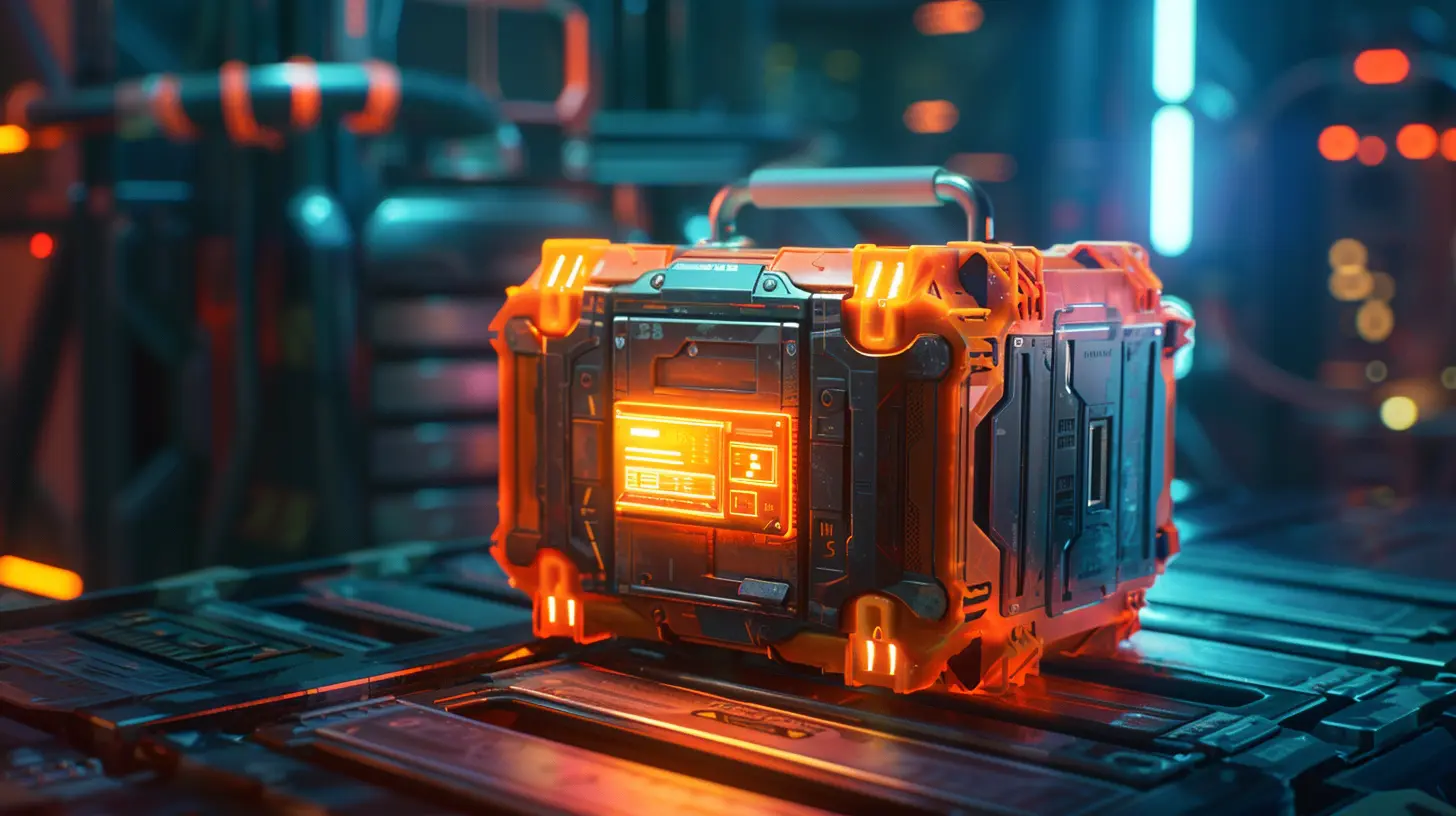
Are Loot Boxes a Gamble?
Here’s where things get dicey (pun intended). Critics argue that loot boxes are basically a form of gambling. Think about it: You’re spending real money (or in-game currency) for a chance to win something valuable, much like buying a lottery ticket or spinning a roulette wheel.In fact, several governments have started cracking down on loot boxes, labeling them as gambling mechanics. For example, countries like Belgium and the Netherlands have outright banned loot boxes in some games. Meanwhile, other nations have called for more transparency, requiring developers to disclose drop rates.
The Slot Machine Effect
Loot boxes are designed to keep you hooked. Visual effects, dramatic sound cues, and slow reveals create a sense of anticipation and even adrenaline. It’s the same psychological trick that slot machines use in casinos. That’s why so many players end up in the “just one more box” cycle.The Psychology of Loot Boxes
Why do we care so much about what’s inside a virtual box, anyway? The answer lies in psychology, specifically a concept called variable rewards.Variable Rewards and Dopamine
Your brain loves unpredictability. When you open a loot box, you don’t know what you’re going to get. That suspense triggers a dopamine rush—the same chemical associated with pleasure and reward. Even if you don’t get the item you want, your brain still craves that next dopamine hit. And so, you open another box. And another one. You see where this is going.Transparency in RNG: The Rising Demand
Players are becoming more vocal about wanting transparency in RNG systems. Many argue that if they’re going to spend their hard-earned money on loot boxes, they deserve to know the odds. And some developers are actually listening.Drop Rate Disclosures
Several big-name publishers now disclose drop rates for loot boxes—sometimes due to legal pressure, but other times to build trust with their player base. For example, in games like Genshin Impact and FIFA Ultimate Team, you can actually see the percentage chances of getting specific tiers of items.Fairness in Game Design
Some developers are moving away from loot boxes entirely, opting for battle passes or other monetization models. Why? Because gamers are tired of RNG systems that feel manipulative.Can You Beat RNG?
Is there any way to “game” the system? Short answer: Not really. RNG is designed to be unpredictable, so strategies like timing your loot box openings or saving up for certain events won’t make a difference. However, understanding the mechanics—like bad luck protection or drop rates—can help you make more informed choices.Final Verdict: Are Loot Boxes Truly Random?
So, are loot boxes truly random? The answer is both yes and no. While RNG systems provide a level of unpredictability, they’re often influenced by algorithms, developer tweaks, and even player behavior. So, the next time you crack open a loot box and score a legendary item, it might not be pure luck—there could be a system working in your favor (or against you).Ultimately, loot boxes are a mixed bag—pun fully intended. They can be thrilling and rewarding, but they’re also controversial and occasionally predatory. Whether you love them or hate them, one thing’s for sure: the conversation about RNG and loot boxes isn’t going away anytime soon.
all images in this post were generated using AI tools
Category:
Loot BoxesAuthor:

Pascal Jennings
Discussion
rate this article
3 comments
Gideon Wilcox
Insightful read! RNG in loot boxes clarified!
June 9, 2025 at 4:11 PM

Pascal Jennings
Thank you! I'm glad you found it insightful! RNG in loot boxes can be quite complex.
Odessa McConnell
This article provides an insightful look into the mechanics of RNG in loot boxes, exploring how perceived randomness can be shaped by algorithms and player psychology, ultimately raising important questions about fairness and transparency.
May 31, 2025 at 2:59 PM

Pascal Jennings
Thank you for your thoughtful comment! I'm glad you found the article insightful—understanding the interplay between RNG, algorithms, and player psychology is crucial for discussing fairness in loot boxes.
Zarev Soto
Great insights into the complexities of RNG and loot boxes! It's crucial for players to understand how randomness works in gaming mechanics. Transparency from developers can enhance trust and improve player experience. Looking forward to more discussions on this topic!
May 31, 2025 at 4:10 AM

Pascal Jennings
Thank you for your thoughtful comment! I completely agree that transparency is key in building trust and improving the player experience. I appreciate your enthusiasm for this important topic!
